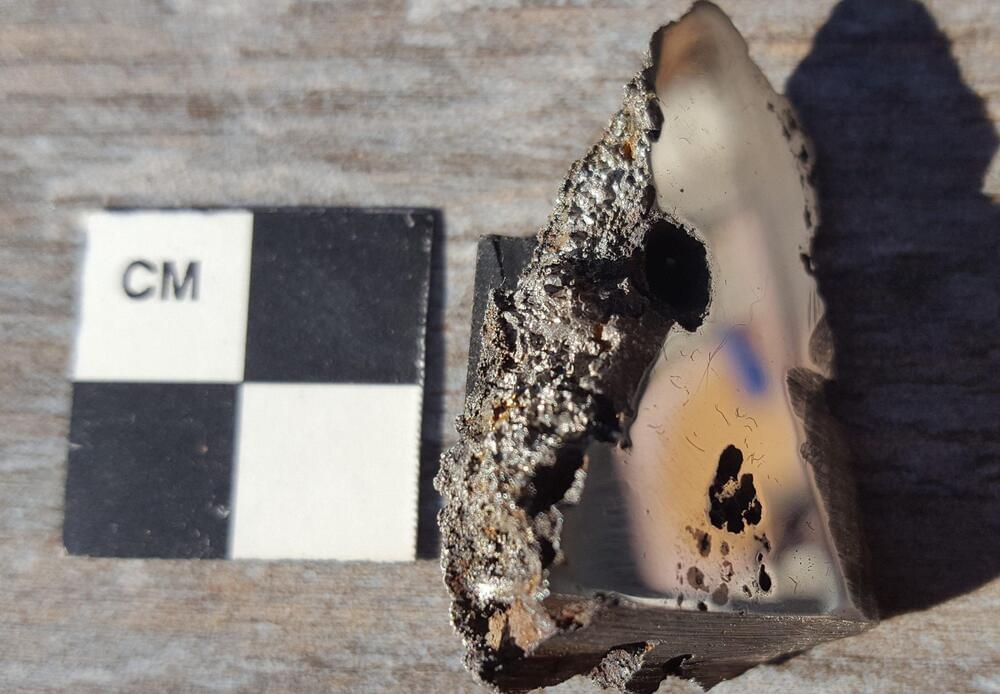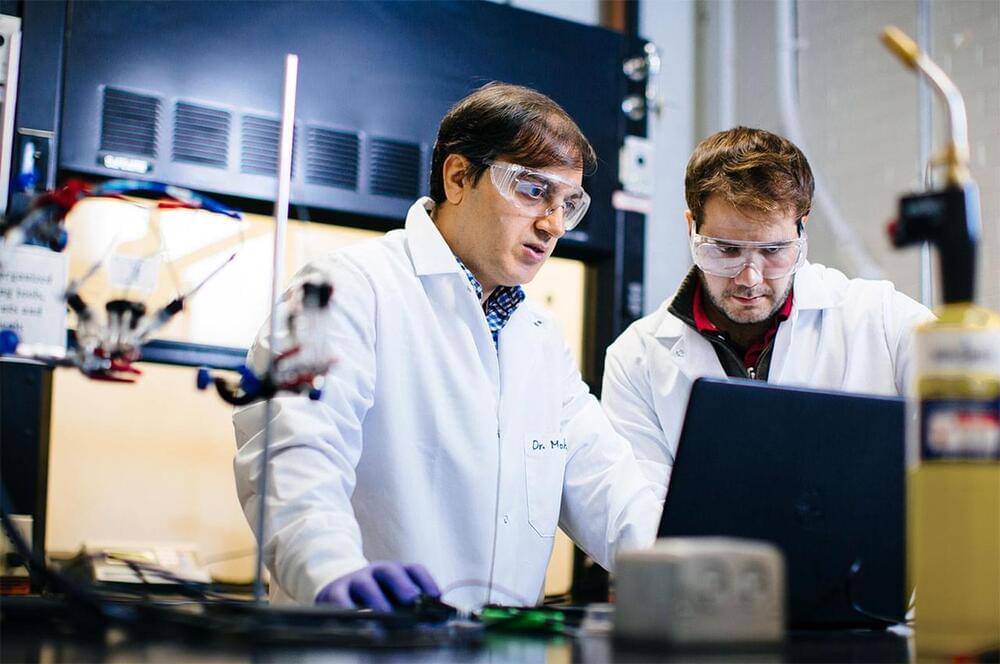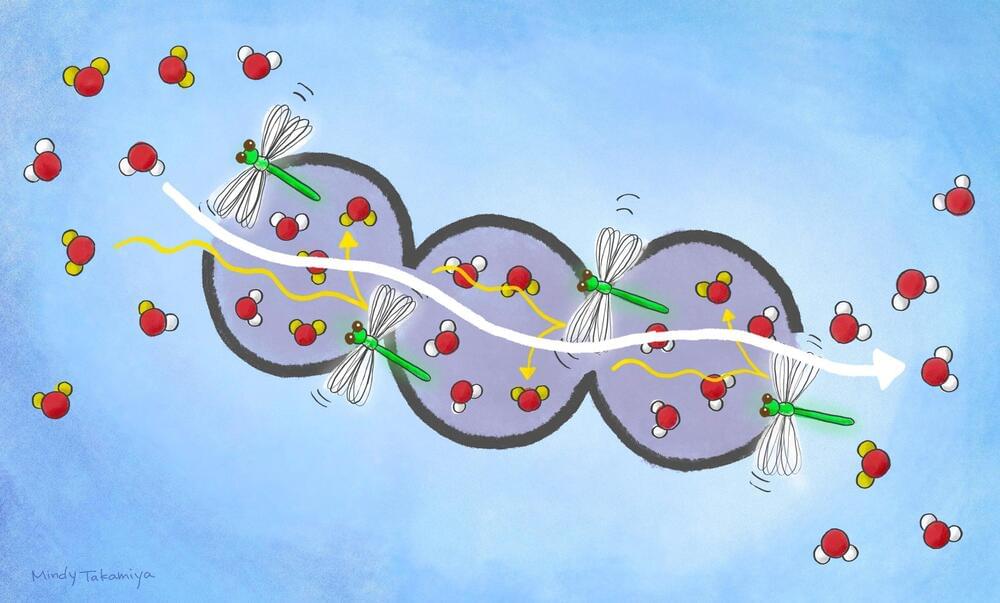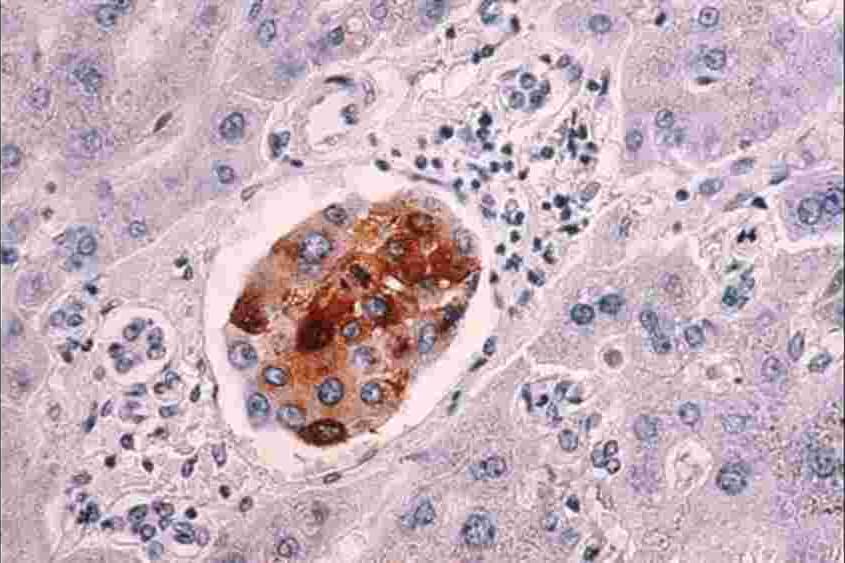A team of researchers has discovered at least two new minerals that have never before been seen on Earth in a 15 tonne meteorite found in Somalia — the ninth largest meteorite ever found.
“Whenever you find a new mineral, it means that the actual geological conditions, the chemistry of the rock, was different than what’s been found before,” says Chris Herd, a professor in the Department of Earth & Atmospheric Sciences and curator of the University of Alberta’s Meteorite Collection. “That’s what makes this exciting: In this particular meteorite you have two officially described minerals that are new to science.”
The two minerals found came from a single 70 gram slice that was sent to the U of A for classification, and there already appears to be a potential third mineral under consideration. If researchers were to obtain more samples from the massive meteorite, there’s a chance that even more might be found, Herd notes.





